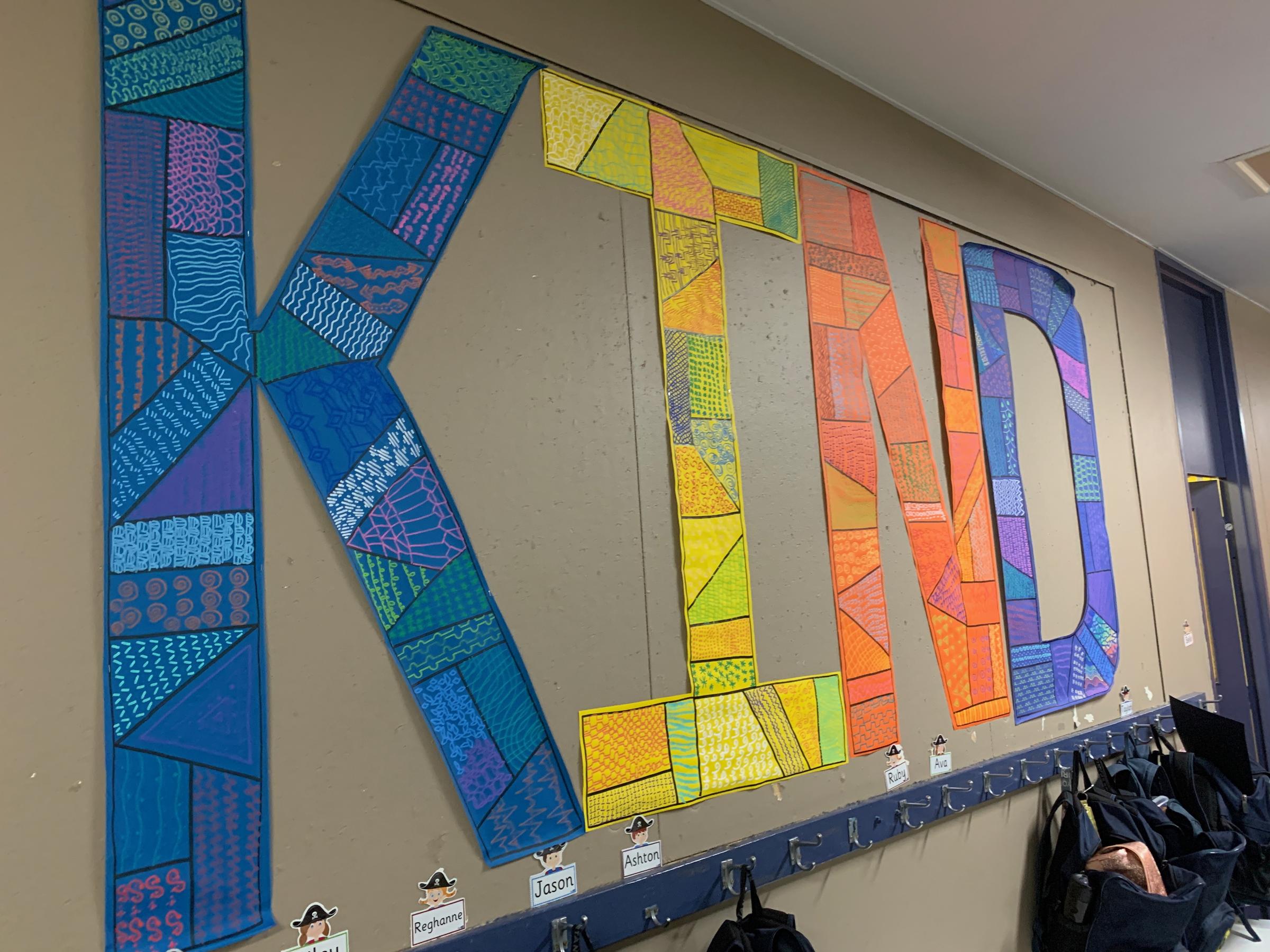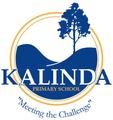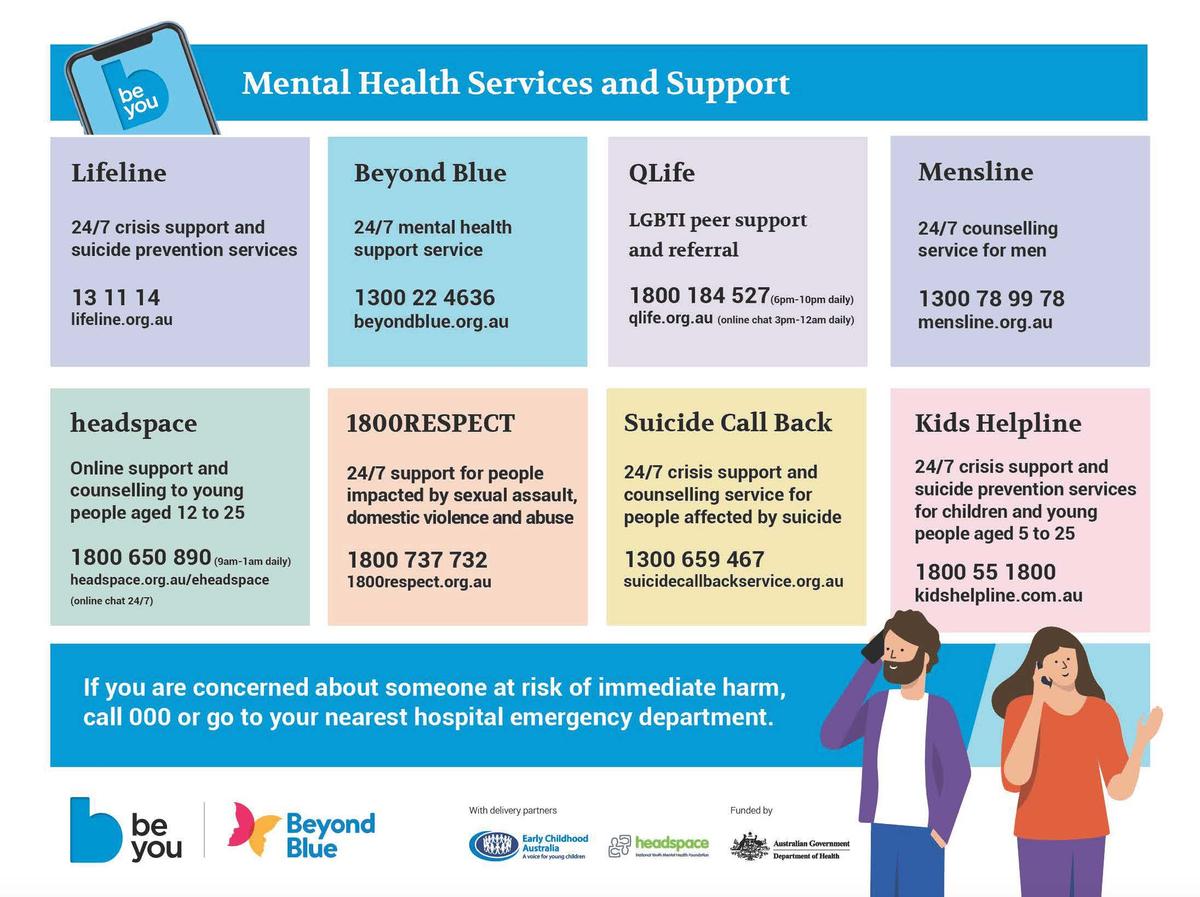From the Assistant Principal

One of my absolute favourite times of day is being on 'gate duty' of a morning. The reason it is my favourite is because the ability to smile (despite a mask!) and welcome a child to a new school day is a privilege I do not take lightly. The ability to make another person feel important, and like they belong is truly one of the most important things that we as adults can do.
One thing I love about Kalinda kids is that each morning nearly every child stops to reply, and when they follow up their hello with a genuine 'and how are YOU?' it really fills my bucket! The fact that you are raising humans with empathy and interest in others should be something you are so proud of, I know I am so proud of your kids too! Imagine, if every child of this generation grew up to care about the feelings and wellbeing of others....well the world would be a pretty amazing place!
Help-seeking
Whilst it's lovely to hear when kids are 'good thank you...and you?' we should also model to children that sometimes it is ok to say things like 'I'm not great' or 'I'm feeling a bit frustrated'.
As our society moves to a new 'Covid-normal' the Kalinda staff are also acutely aware that our children might have a friend or peer who isn't doing so well. Maybe they are anxious about something happening at home, maybe this new 'normal' feels unsettling, maybe their bodies are experiencing hormonal changes that leave them feeling a bit rattled. Either way, an important role we can play in setting good examples to children is teaching them what to do if a friend is not ok. Most importantly, if their friend is not ok and it worries them or makes them think they are unsafe, it is crucial that children know they should tell a trusted adult.
Especially relevant for our senior students, children are often not equipped to deal with the 'big feelings' or concepts that might be shared or talked about by peers. Our senior staff have been talking a lot about this lately and I wanted to share some great resources with you around teaching our children 'help-seeking behaviours'. Behaviours that are proactive and age-appropriate if a friend tells you that they are not ok. These resources listed below are very relevant for our older students and a good starting point for thinking about conversations with younger students too.
Please don't ever hesitate to reach out if you are concerned about your child's mental health or if you think that Kalinda can support your child and family in any way.
Building resilience and strong mental health in children: https://beyou.edu.au/fact-sheets/social-and-emotional-learning/resilience-and-mental-health
Factsheets to share and discuss with your child
(These are particularly relevant for children aged 10 and over and should be discussed with your child as a parent/child partnership)
Tips for a HealthyHeadspace:
If your friend is not ok - Headspace factsheet

